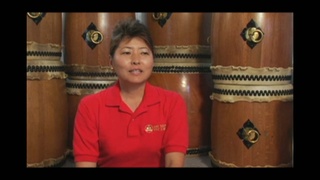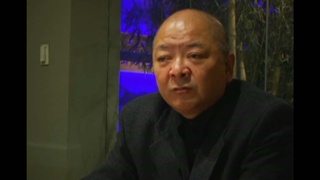Interviews
Japanese community in Mission
Well, it was quite united. Sure, there were factions, like Buddhist faction, Christian factions, and some didn't believe in the farmers association and weren't members, they were more or less independent. But all in all, they got together. After all, the majority of them were all members of the Japanese farmers association or nokai as they called it. And during the meeting, why sure, they got together and ironed things out and settled the thing. And if there's any (tragedies) to the family, why, there's mimaikin or condolence money given to them.
I*: Yeah, so you have the nokai, you have the different kenjinkais. How much socialization happened back then?
Well, most of the socialization was done between kenjins, kenjins. Well, you're from the same prefecture, why, there's a sense of intimacy or closeness. We were the only Wakayama-ken people in Mission, so we were pretty left out, but there, like I mentioned here in the book, there's Fukuoka-ken, there's Shiga-ken, there's Tottori-ken, Hiroshima-ken, Kanagawa-ken.
* “I” indicates an interviewer (Norm Ibuki).
Date: October 29, 2005
Location: Toronto, Canada
Interviewer: Norm Ibuki
Contributed by: Sedai, the Japanese Canadian Legacy Project, Japanese Canadian Cultural Center









